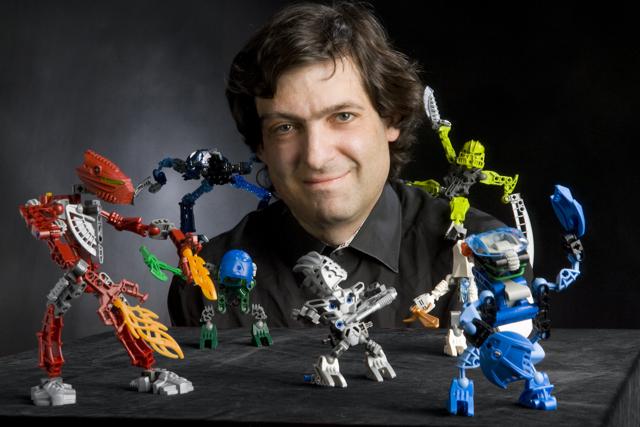Aaron Zhao
Aaron Zhao is a junior at Duke University, pursing majors in Visual Arts and Biology with a certificate in Documentary Studies. In addition to his academic studies, Aaron conducts research at the Duke Department of Medicine and Margolis Center for Health Policy, has a current project partnership with the Duke Division of Neonatology, and is constantly working on his future independent medical photography and non-medicine related film projects. Aaron hopes to enter medical school following graduation. Through combining science with narrative documentary art, in his future career, Aaron aims to not only treat patients but also visually showcase the magic of medicine, the shortcomings of medicine, and everything else in between.
Alexander Winn
Alex is a passionate student following an unconventional path. After a leave of absence from Duke, struggling with homelessness, addiction, and autism, he has returned to pursue a self-designed bachelor's degree program entitled "Mind Science: Neurocognitive Dynamics & Artificial Intelligence." His time away taught him valuable lessons about the power of time to transform and heal. When he’s not pondering the mysteries of the mind and the societal implications of accelerating technological evolution, Alex enjoys meditation, yoga, tai chi, and various other spiritually based mind-body practices. His ultimate goal is to help those suffering as he once was.
Barabara Lau
Barbara Lau is executive director of the Pauli Murray Center for History and Social Justice, a National Historic Landmark site in Durham, NC that honors the legacy of activist, lawyer, poet, and priest, Rev. Dr. Pauli Murray. Lau brings 20 years of experience as a folklorist, curator, professor, oral historian, media producer, and author to this work. Lau’s credits include producing To Buy the Sun, an original play about Pauli Murray; co-directing the Face Up: Telling Stories of Community Life community mural project; and curating Pauli Murray: Imp, Crusader, Dude, Priest, and two major exhibitions about Cambodian American traditions. She earned a BA in Urban Studies and Sociology at Washington University in St. Louis and an MA in Folklore at the University of North Carolina – Chapel Hill. Lau teaches undergraduate courses about Durham and LGBTQ history and culture.
Brinnae Bent
Brinnae Bent is a final year doctoral candidate in the Big Ideas Lab in the Department of Biomedical Engineering at Duke University. Her thesis work is on developing digital biomarkers of glycemic health from noninvasive wearables. She is the lead developer of the Digital Biomarker Discovery Pipeline and has led projects establishing best practices for wearable sensor validation, investigating wearable sensor device inaccuracy, optimizing sampling rate and data compression of wearable sensors, and using wearable sensors for human activity recognition. Prior to graduate studies, she worked with the NSF ASSIST Center to develop the next generation of wearable sensors for sleep disorders and asthma. Brinnae is also an avid ultramarathoner and has completed various 50K, 100K, and 24-hour races.
Gwyneth Bernier
Gwyneth Bernier is an undergraduate at Duke University. She majors in International Comparative Studies with a specialization in the francophone regions of North and Central Africa. On campus, she works at the Kenan Institute for Ethics doing research, service, and advocacy focused on the refugee population in the Triangle Area. In her free time, Bernier competes for Duke Moot Court and the Equestrian Team.
Justin Jorge
Justin is pursuing his interests in biomechanics as a Ph.D. candidate in the Patek Lab. Specifically, he is interested in ultra-fast biological motions like the trap-jaw ant mandible strike or the shooting of seeds from the witch hazel plant (motions that are around 1000 times faster than the blink of an eye). He enjoys the challenge of designing experiments that reveal the mechanism behind these motions and how they are used in their natural context. Justin hopes that research on the mechanisms behind these motions and their biological functions can someday become inspiration for improvements on engineered systems, which currently cannot match the outputs of ultra-fast biological motions at similar size scales.
Keisha Bentley-Edwards
Dr. Keisha L. Bentley-Edwards is a developmental psychologists whose interdisciplinary research focuses on how racism, gender and culture influence development throughout the lifespan, primarily for African Americans. She has been sought out by a wide-range of health and education practitioners to expand discussions around race in ways that not only identify disparities, but prompt meaningful strategies for remedying these disparities. She is the Associate Director of Research for the Samuel DuBois Cook Center on Social Equity and an Assistant Professor at Duke University’s School of Medicine, Division of General Internal Medicine.
Nico Hotz
Nico Hotz received his PhD in Mechanical Engineering from ETH Zurich, Switzerland, in 2008. After postdoctoral research at UC Berkeley, he joined Duke University in 2010. His research and teaching focuses on renewable and sustainable energy, heat transfer, solar fuels, and fuel cells.
Tatayana Richardson
Tatayana Richardson is a senior at the Duke Trinity School of Arts and Sciences. She is a double major in Religious and African/African American Studies with a minor in Cultural Anthropology. Her work and research are focused on how theology and Biblical hermeneutics are practiced in the Black Church tradition.

